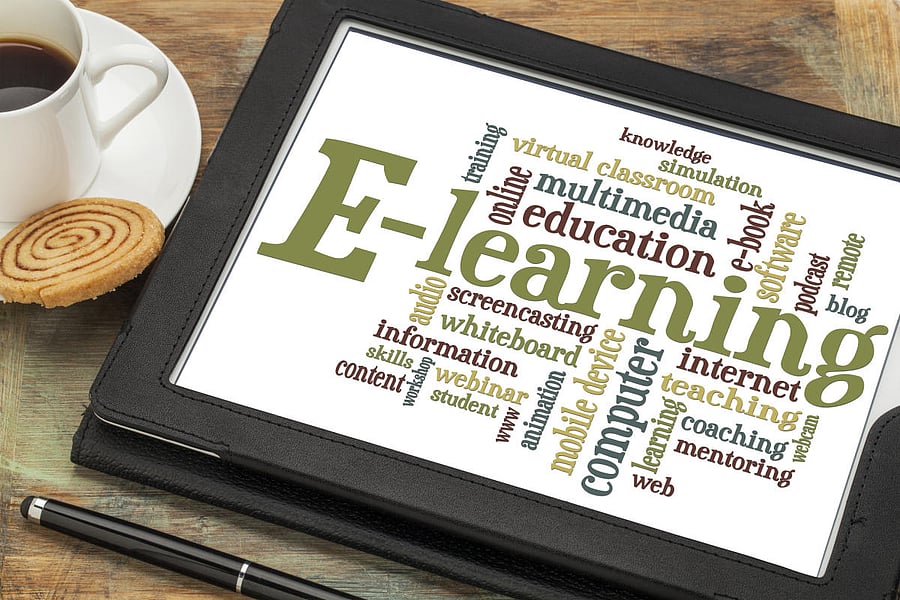Education is a major area negatively impacted by Covid-19. Many reports, surveys and accounts have shown how badly it has been affected by the pandemic. Families also have personal experiences of the difficulties that their children have faced. Schools in the country have been shut down for over seven months now. After the first few weeks, attempts have been made to restore some form of functioning to schools, but a comprehensive survey by the NGO Pratham has shown that the results should cause serious concern. Its Annual Survey of Education Report (ASER) usually focuses on the quality of education, but this year the main message is that the very process of teaching and learning has been badly hit. The survey, which covered 30 states and UTs, shows that only about a third of the children had access to online learning; and just 11% had access to live online classes. Only one in four children received any learning material from the school and most had no smartphone. Almost 75% of the students’ interaction with schools was over WhatsApp.
The pandemic has aggravated inequality. In education, increased economic and digital inequality has badly handicapped children. Many children have shifted from private schools to government schools, many others have dropped out, and many eligible ones have not been enrolled. Only about half of the children got any support at home for learning. Some got study materials from teachers and most used textbooks instead of online material. Many parents bought smartphones for their children so they could study online but this did not always help. Some schools sent textbooks and worksheets to children, but many children did not get them. Children, whose parents are economically and educationally better off, did not fare as badly as others. But the reading to be got from the survey is that all students have been affected, with the burden falling more on those from less privileged backgrounds. Students in rural areas have been hit much harder than those in cities and towns.
Much of the academic year is gone. The responsibility of governments, schools and other authorities is to ensure that all children are taken on board and engaged in the best manner possible. Every region, state and locality may have to devise its own ways for this. Kerala and Tamil Nadu have done better than others in facilitating online teaching. Government schools in Karnataka and Kerala have done well. While trying to help the students the most in the coming months, the present situation should also be used as an opportunity to learn lessons for the future.

